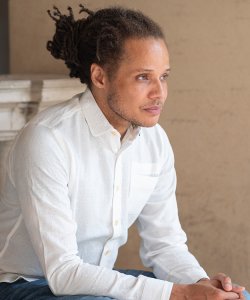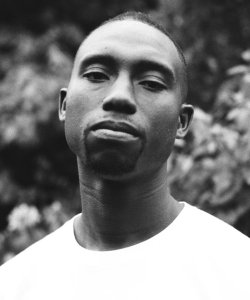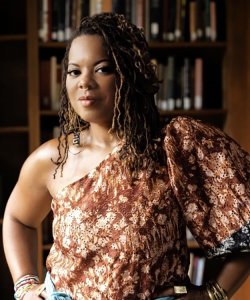Ten Questions for Jamel Brinkley

“One of the pleasures of writing short stories for me is the surprise of an ending.” —Jamel Brinkley, author of Witness
Jump to navigation Skip to content

“One of the pleasures of writing short stories for me is the surprise of an ending.” —Jamel Brinkley, author of Witness

“I’m always trying to leave room in my writing for surprise.” —Caleb Azumah Nelson, author of Small Worlds

“I didn’t set out to write exactly this book.” —Lillian-Yvonne Bertram, author of Negative Money

“I had to learn through writing the book how to discipline my creativity so that I could write whenever and wherever I needed to.” —Stacy Jane Grover, author of Tar Hollow Trans

The author of Spoken Word: A Cultural History and The Study of Human Life examines the power of recovering lost literary voices.

Recently, con artists have taken to impersonating real editors, agents, or filmmakers from reputable organizations to extort large payments from unsuspecting authors. Literary professionals share advice on spotting and reporting scams.

“I believe that writing is just a form of dreaming.” —Nathan Go, author of Forgiving Imelda Marcos

The author of Spoken Word: A Cultural History and The Study of Human Life considers how poets collaborate across time and form.

"I write as often and for as long as I can.” —Helen Schulman, author of Lucky Dogs

“I am constantly questioning, resisting, studying, accepting, and wondering—all of which I believe to be the hallmarks of the writer’s life.” —Airea D. Matthews, author of Bread and Circus